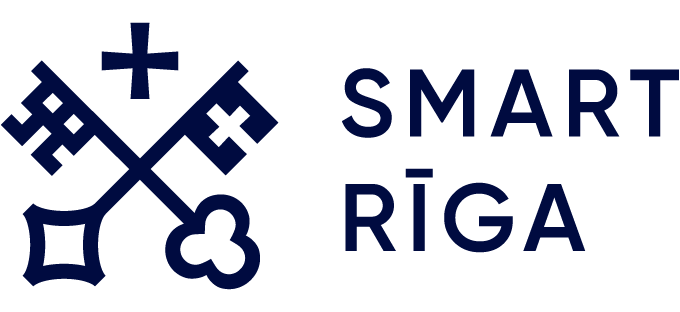From April 29 to June 20, the innovation movement VEFRESH together with Riga Technical University is organizing the Urban Mobility Incubator for the fourth time. The incubator aims to develop and test mobility solutions in Riga. The incubator offers financial support for teams to realise and prototype their ideas, mentoring sessions and lectures, as well as the opportunity to deploy their solution in the urban environment. Teams are invited to apply for the incubator until 5 April!
“Urban Mobility incubator” is a project supported by the prestigious European Institute of Innovation and Technology (EIT Urban Mobility), and organised by the innovation movement “VEFRESH” together with partners Riga City Council and Riga Technical University (RTU). The cooperation between the partners provides fast, convenient, and optimized support for the development and deployment of innovative products or services in urban environments and gives the teams access to an EU-wide network of partners.
Why is it important to look for innovative solutions for urban mobility? Urban mobility accounts for 40% of all CO2 emissions of road transport and up to 70% of other pollutants from transport within the EU. By transforming urban mobility, we can improve quality of life, reduce costs, and contribute to achieving climate targets, thus helping cities become climate neutral by 2030 and making them more inclusive and safer.
The incubator invites participants to propose ideas that address current mobility challenges identified by cities, including logistics, energy & EV charging, 5G, public transport, etc. We welcome both new teams with an ambition to develop a new business idea and established start-ups looking to improve processes and accelerate the deployment of their product or service in an urban environment.
The selected teams – this year five – will participate in personalised mentoring sessions and joint workshops led by industry-recognised experts from TwoDots Startup Consulting and Riga Technical University. The programme content will be tailored to the teams’ needs, focusing on market research, business strategy, prototype development, marketing and attracting investors. In addition, teams will have the opportunity to develop their products in a hands-on prototyping workshop, where individual consultations will also be available at the RTU’s workshop “theLab”. The programme will take place in a hybrid format.
Additionally, teams will receive financial support to develop their idea. The total financial pool is €12,000, which will be shared between the teams to cover prototyping and piloting costs.
“The Urban Mobility Incubator has been an extraordinary journey that transformed our capabilities and filled the gaps we once had. The IoT integration we implemented through the programme funding has helped exceptionally – without it, we couldn’t have closed the deal with a new partner,” says Winston van der Pol, participant of the Urban Mobility incubator 2023 from team Fastlane.
Apply to the Urban Mobility Incubator if you are looking for support for your innovative business idea! Find out more about the application, programme, and city challenges here: https://www.urbanmobility.io/

